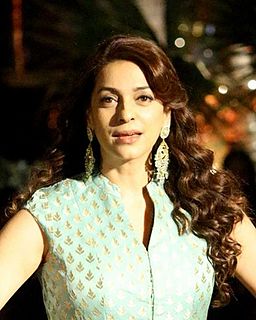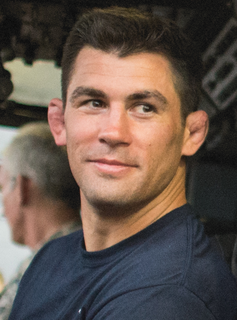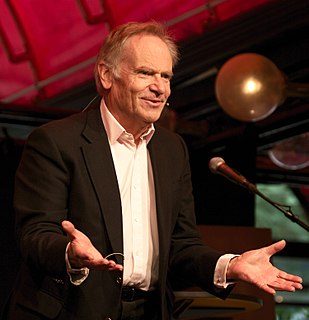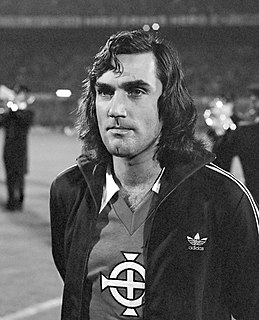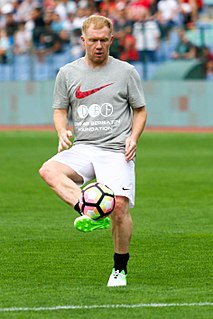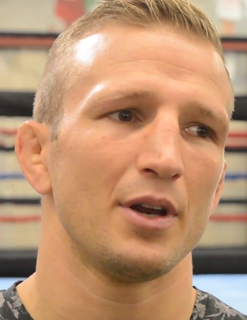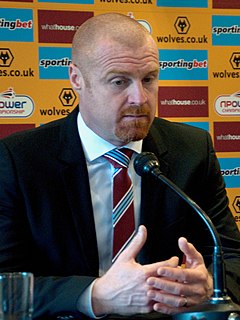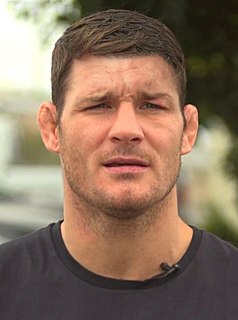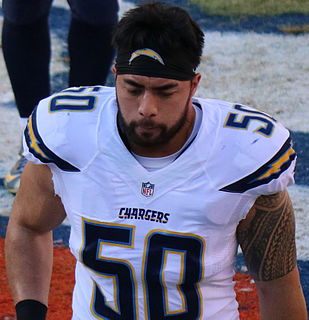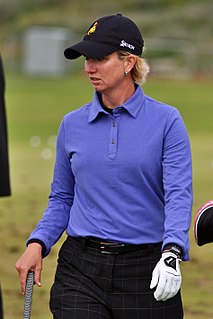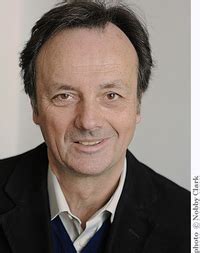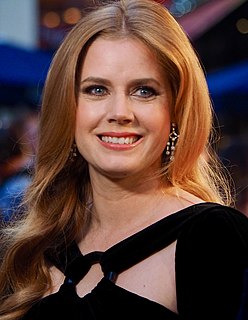A Quote by Juhi Chawla
When I look back at my career and my life and how much I have learnt, I feel blessed with what I have. I have stopped fighting with myself.
Related Quotes
Ever since I was young I understood the whole meaning of life isn't how much money you accumulate, how much fame you experience, it's how many lives you touch, how many faces you bring smiles to. I see myself back in Hawaii doing something in the community to improve the lives of young children. Everything I've done is to prepare myself to give back.
When I wrote 'We Were The Mulvaneys,' I was just old enough to look back upon my own family life and the lies of certain individuals close to me, with the detachment of time. I wanted to tell the truth about secrets: How much pain they give, yet how much relief, even happiness we may feel when at last the motive for secrecy has passed.
